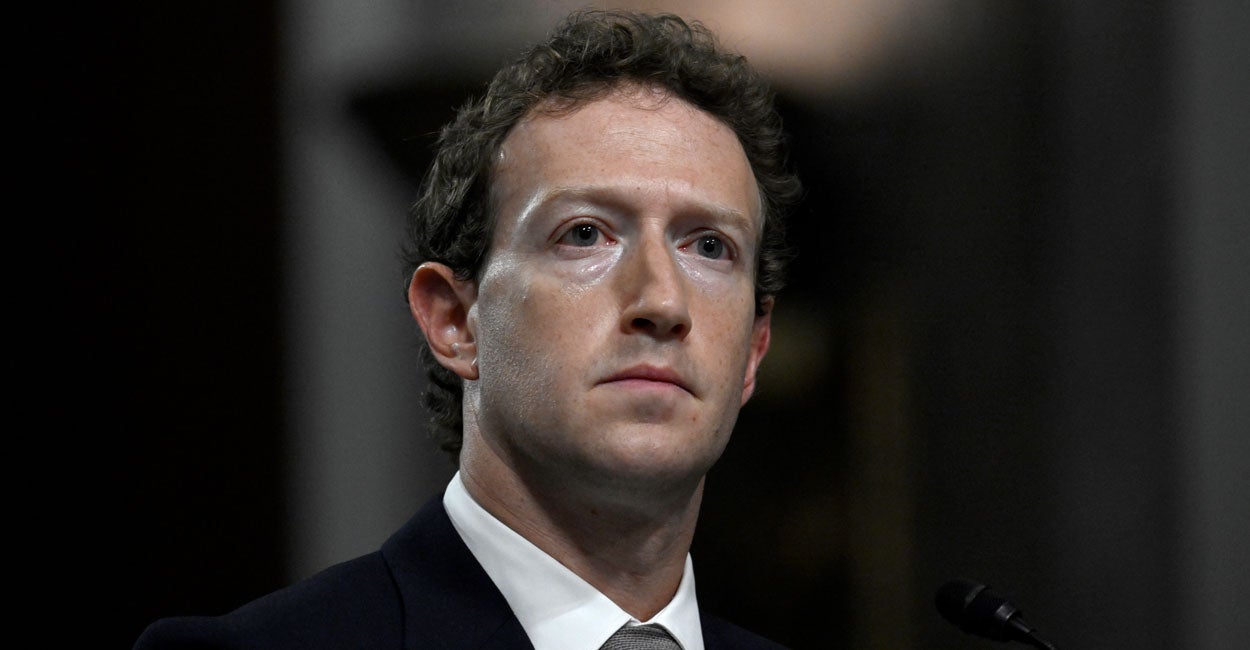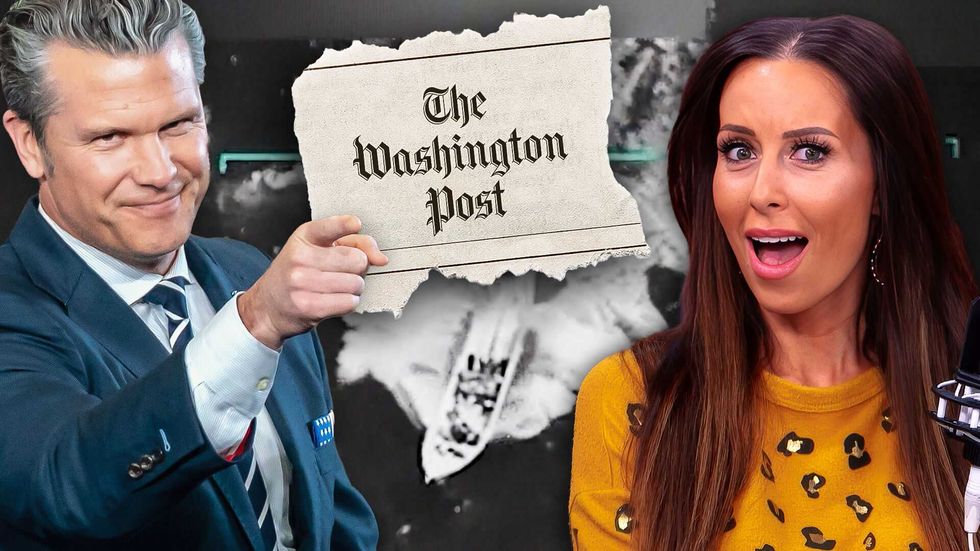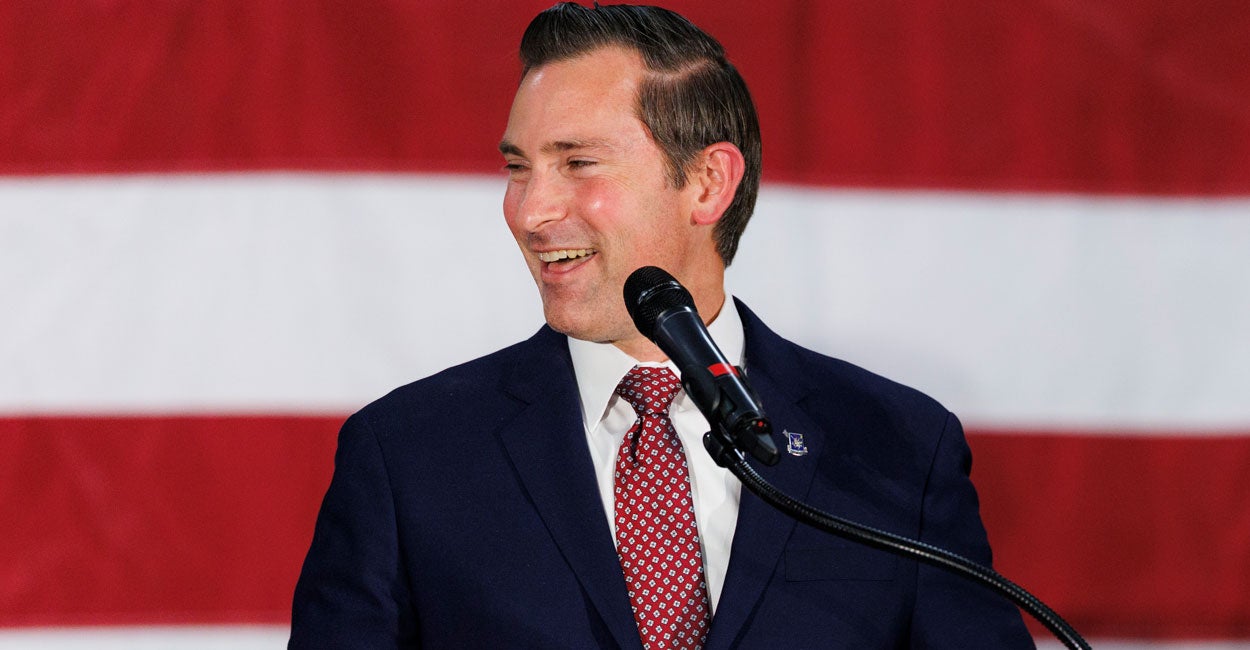FTC Comments Accuse Big Tech of Widespread Censorship

Big Tech’s censorship of Americans is a threat to free speech rights according to a long list of comments submitted to the Federal Trade Commission.
In February, FTC Chair Andrew Ferguson announced that his agency sought comments from Americans about situations in which they were censored by Big Tech companies.
“Big Tech censorship is not just un-American, it is potentially illegal. The FTC wants your help to investigate these potential violations of the law,” Ferguson wrote.
The comment period closed in May.
Several comments are worth highlighting. A recurring theme was Big Tech companies being accused of moderating viewpoints, especially conservative-leaning content. Many expressed frustration with opaque algorithms that appeared to be suppressing viewpoints.
For instance, Ryan Hartwig, a Facebook whistleblower who contracted with the Meta-owned company to moderate content from March 2018 to February 2020, said he experienced a “deeply troubling pattern of censorship and bias.” Hartwig wrote that Facebook was targeting content based on political beliefs and affiliations.
“The censorship extended beyond the platform itself,” he wrote. “Facebook actively monitored political events like [President Donald] Trump’s State of the Union address, the Brett Kavanaugh hearings, and the Democratic debates, instructing moderators to watch for ‘hate speech’ that might arise in response.”
In practice, Hartwig said this meant “preemptively suppressing conservative reactions.” Facebook would then limit the reach of their content or demonetize them.
“When a tech company can unilaterally decide which viewpoints are acceptable and which are not—especially based on activities that take place outside the platform—it becomes a threat to free speech and fair competition,” he concluded. “These actions may constitute unfair or deceptive practices under consumer protection laws, and they raise serious concerns about anticompetitive behavior.”
Janice Trey, the CEO of The Epoch Times and NTD News, also commented on Facebook’s practices. She wrote that by 2019 The Epoch Times had a huge presence on that social media platform. But in August of that year Facebook banned advertising on their page.
“They alleged that the outlet had obscured its connection to ads promoting President Trump and conspiracy content,” based on reporting from NBC News and The New York Times, she said.
She said that over the years other platforms like YouTube and Google banned or suppressed their content too.
“Our experience raises critical questions about the power of tech platforms to influence public discourse, the lack of transparency in content moderation policies, and the viability of independent journalism in a world governed by opaque algorithms,” Trey wrote.
Gary Franchi, the executive director of the Next News Network, wrote that his company has been “directly and repeatedly harmed by opaque and discriminatory moderation practices imposed by major technology platforms.”
He wrote that his experience with Big Tech censorship began in 2017 when “a sudden algorithm change slashed our visibility by approximately 80%.”
“The situation worsened during the COVID-19 pandemic,” Franchi wrote. “Our reporting on emerging medical opinions and government policies was algorithmically buried or outright removed. Despite our efforts to comply with platform terms, we received strikes and removals without clear reasoning or any avenue for meaningful recourse.”
Franchi wrote that “the abuse of vague, selectively enforced policies to target independent voices must end. Regulatory oversight is needed to prevent further harm to free expression and competitive fairness in the digital ecosystem.”
Daniel Cochrane, a senior research associate at The Heritage Foundation’s Tech Policy Center, had some policy recommendations for the FTC in his comment.
He wrote that given some of Big Tech’s “monopolistic control of certain markets,” the FTC should weigh the “hidden economic and social costs” of information manipulation.
“At minimum, the Commission should designate shadowbanning—and the lack of due process rights on most platforms—as unfair and deceptive trade practices,” Cochrane wrote.
“Shadowbanning” is a practice by which a user’s content is artificially suppressed on a platform but isn’t informed of it by the company.
Facebook has said publicly that mistakes were made in the past and that their efforts to moderate content were too aggressive. In January, they announced an end to their third-party fact-checking program and replaced it with community notes.
The Daily Signal contacted Google about censorship on YouTube but they did not respond.
The post FTC Comments Accuse Big Tech of Widespread Censorship appeared first on The Daily Signal.
Originally Published at Daily Wire, Daily Signal, or The Blaze
What's Your Reaction?
 Like
0
Like
0
 Dislike
0
Dislike
0
 Love
0
Love
0
 Funny
0
Funny
0
 Angry
0
Angry
0
 Sad
0
Sad
0
 Wow
0
Wow
0












































































